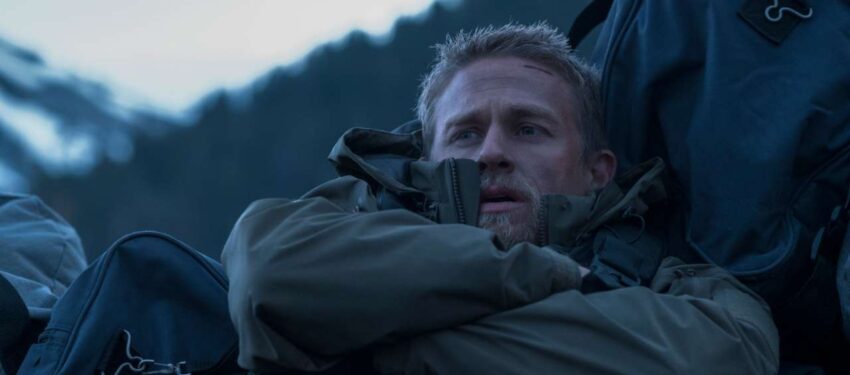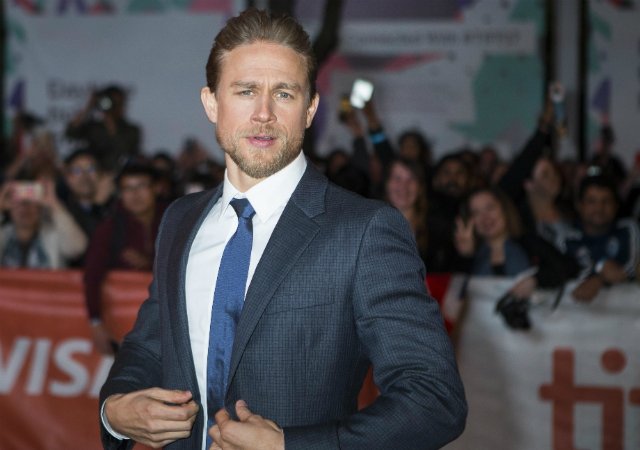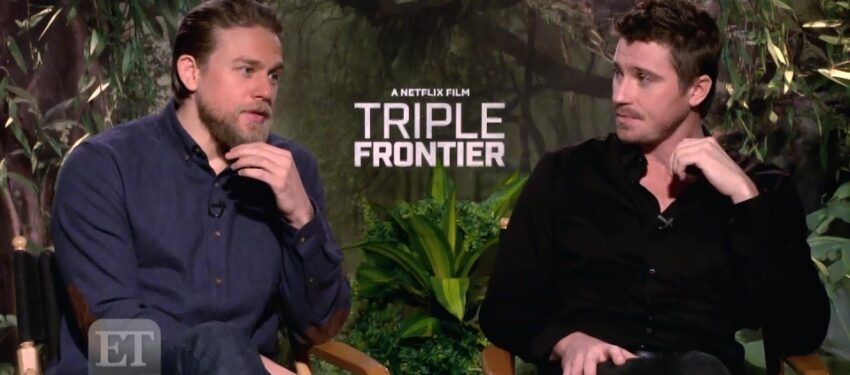AN: This interview has been translated via Google Translate. My apologies on any inconsistencies.
Adorocinema.com — In an exclusive interview with AdoroCinema , awarded on the occasion of the release of Hunger’s newest movie, Operation Frontier , Hunnam explained the meanings of JC Chandor’s war drama and action ( The More Violent Year ); opined about the current direction of society; made clear its defense of the distribution and production model instituted by Netflix, increasingly criticized by traditional producers and distributors, such as filmmaker Steven Spielberg ; and, to its dismay, even overthrew one or two myths about filming in nature and in “adverse conditions”:
Question: In your previous work, you played characters who were more impulsive in a way, like Jax Teller of Sons of Anarchy and Beckett in Circle of Fire. In Frontier Operation, however, you play an opposite type of character, the thinker. Now, before doing anything, before acting, your character ponders. He plays the role of the one who reflects on the group. How did you create William “Ironhead” Miller?
Answer: I think what JC thematically explores in the script are the two issues I have been struggling with during my adult life: 1) the nature of the community, the essence of having a tribe around them; and 2) how we find meaning in our lives; without a strong sense of purpose, we can get lost, we can become unhappy very quickly. In my view, Operation Frontier is about this. And in terms of impulsivity … As a filmmaker, JC capitalizes on his interesting characters from his cast.
What he seeks is for his actors to interpret versions of themselves within the context of the narrative. It’s obvious that we are not military men, but the characters have a bit of who we are as human beings. It’s the way he films. Being a joint project and because there are not many details or definitions about the characters in the script, JC encouraged us to bring the most of ourselves to these characters. I think in many ways Miller is closer to my nature than any other character I’ve played before because I’m also very, very methodical and avoid impulsive behavior.
Q: This is really interesting because the film addresses the clash between individualism and the idea of ??the universality / brotherhood that forms the basis of the group of soldiers. Operation Fronteira confronts individual and global solutions to general problems. And to return alive to the United States, the five soldiers must stay together and trust each other. Do you believe that this is the message of the film: the importance of unity, especially in increasingly individualistic times?
A: Yes, I think so. The cost of individualism is the loss of the community. In the end, if we look historically for the human way of life, and for what can be defined as a more harmonious era of humanity, we will find a predilection for egalitarian systems based on a strong sense of community. And this does not mean that there is no room for individuality within a community, for an individual way or structure of life. But the need to raise individualism worries me. You are who you are, but as the population grows, the summit should be the community. We do not need to focus on individualism: this is self-indulgent and unnecessary, you are who you are. If you act authentically in the context of your life, you will be who you are. You do not have to alienate the rest of society to promote your individuality. Continue reading ‘Triple Frontier’ addresses the importance of unity and community, defines Charlie Hunnam




